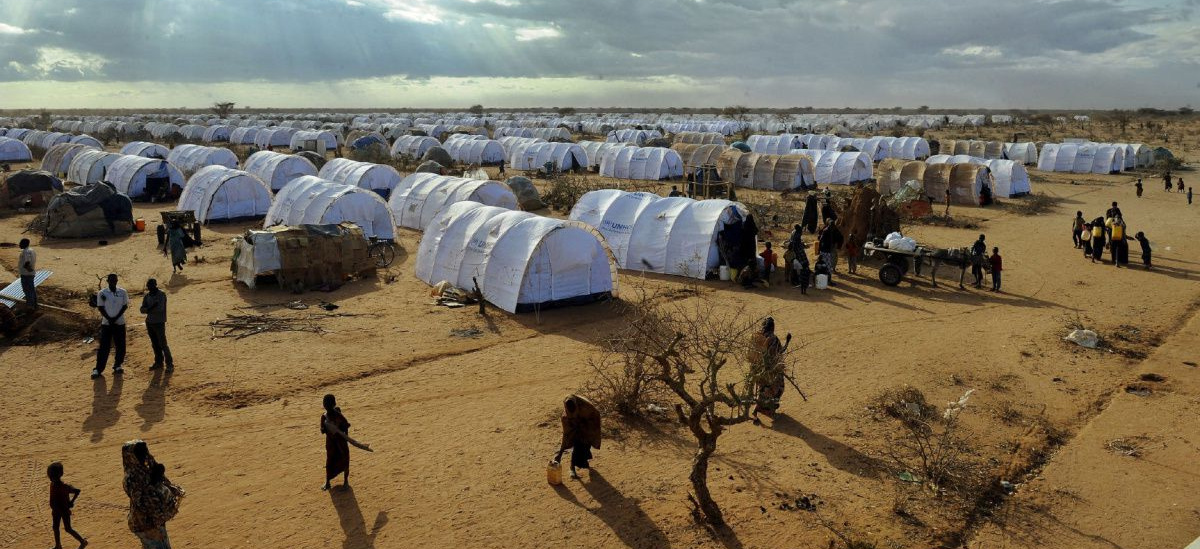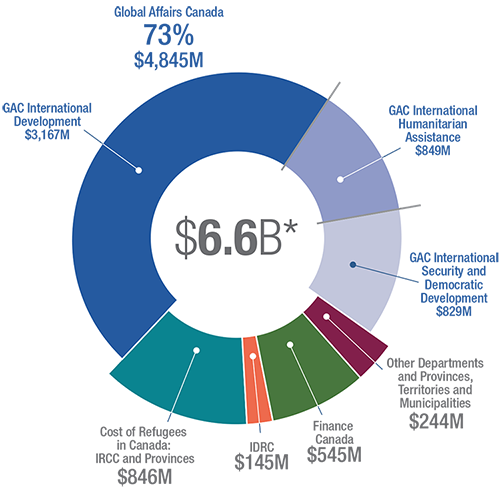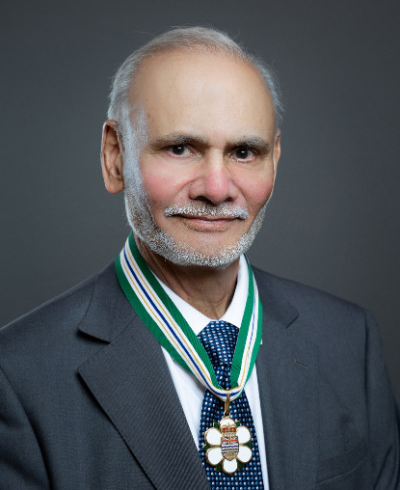DESIBUZZCanada
Events Listings
Dummy Post

International Day Of Yoga To Be Virtually Celebrated Saturday At 4pm

CANCELLED: Coronavirus Fears Kills Surrey’s Vaisakhi Day Parade

ADVERTISE WITH US: DESIBUZZCanada Is The Most Read South Asian Publication Online

SURREY LIBRARIES: Get Technology Help At Surrey Libraries

WALLY OPPAL: Surrey Police Transition Update On Feb. 26

GONE ARE THE DAYS - Feature Documentary Trailer

Technology Help At Surrey Libraries

Birding Walks

Plea Poetry/short Story : Youth Contest

International Folk Dancing Drop-in Sessions
Why Is It Important For Canada To Continue Foreign Aid To Poor Countries?
- October 2, 2025

By Harinder Mahil
I read with great interest my friend Balwant Sanghera’s piece in Dessibuzz on September 10, 2025 (Canada Paying for Trudeau’s Irresponsible Immigration Policies, Ruining Our Peaceful Nation). Although much of the article dealt with immigration issues, he also touched on foreign aid.
Sanghera suggests that we should review our policy of helping other nations and use that money to help Canadians in need. In my view, this is a simplistic solution to a complex problem.
Let us look at what has happened to foreign aid internationally. Since January 20, 2025, the Trump administration has cut foreign aid the US provided to many poor countries. Thousands of UN administered programs have lost US funding, resulting in major cuts to services and large-scale layoffs. Even those programs were cut that saved lives and strengthened economies and democracies abroad.
There are hundreds of examples of the devastating effect of the US aid cuts. I will discuss about the effect on Sudan and Bangladesh. After the US foreign assistance was eliminated, hundreds of US funded soup kitchens remain closed in Sudan where any aid cut can be deadly. With rates of acute malunion 10 times above the emergency threshold, more than 637,000 Sudanese people are already experiencing famine conditions, with another 8 million at risk. The World Health Organization estimates 5 million Sudanese people have lost access to life-saving care due to cuts in food and medical support.

Due to the absence of US funding, UNICEF has been forced to suspend thousands of educational centres in Bangladesh which previously served around 438,000 school age Rohingya children in refugee camps. There is no other educational system in the camps, with all schooling being provided by NGOs.
Now let us look at the UK and its foreign aid programs. During the last year’s election, the Labour Party promised to “strengthen the international development work within the Foreign, Commonwealth and Development Office.” Its manifesto contains a promise to return to 0.7 percent of Gross National Income as soon as the fiscal situation allows. This is a target that was enshrined in law in 2015.
Despite this promise the British Prime Minister on February 25, 2025, announced that the UK would reduce foreign aid to increase funding for defence. From 2027, the aid budget will be cut from 0.5% to 0.3% of Gross National Income.
The point I want to make by providing these examples is that foreign aid programs are being cut by most western countries. The funds that are cut are being channeled into defence budgets.
In 2024-25, Canada's overseas development assistance budget was $10.17 billion. This also included funds for domestic refugee costs, which is 0.26 of its Gross National Income. When these funds are deducted, the foreign aid budget comes to about $7.5 billion dollars. These funds include humanitarian assistance, gender equality, health, climate action and economic development.

Most experts agree that foreign aid is important because it reduces global poverty by supporting health, education, and fosters economic growth and stability in recipient countries. They also strengthen donor countries’ economies by creating new markets and business opportunities.
Foreign aid serves important national security interests by promoting peace, preventing the spread of terrorism and disease, and building international partnerships. It fulfills humanitarian needs during disasters and aligns the country’s diplomatic goals by fostering stability. By addressing issues like food security, foreign aid helps create more peaceful environments, reducing population displacement and improving governance.
Prime Minister Carney has increased Canada’s defence budget this year by $9.3 billion to meet NATO’s previous target of two percent of GDP. He has also committed to a new NATO target of five per cent of Canada’s GDP by 2035. That equates to a defence budget of $150 billion annually. I much rather see Canada spend this money on foreign aid and contribute to world peace.

Harinder Mahil is a human rights activist and is secretary of Dr. Hari Sharma Foundation.

















